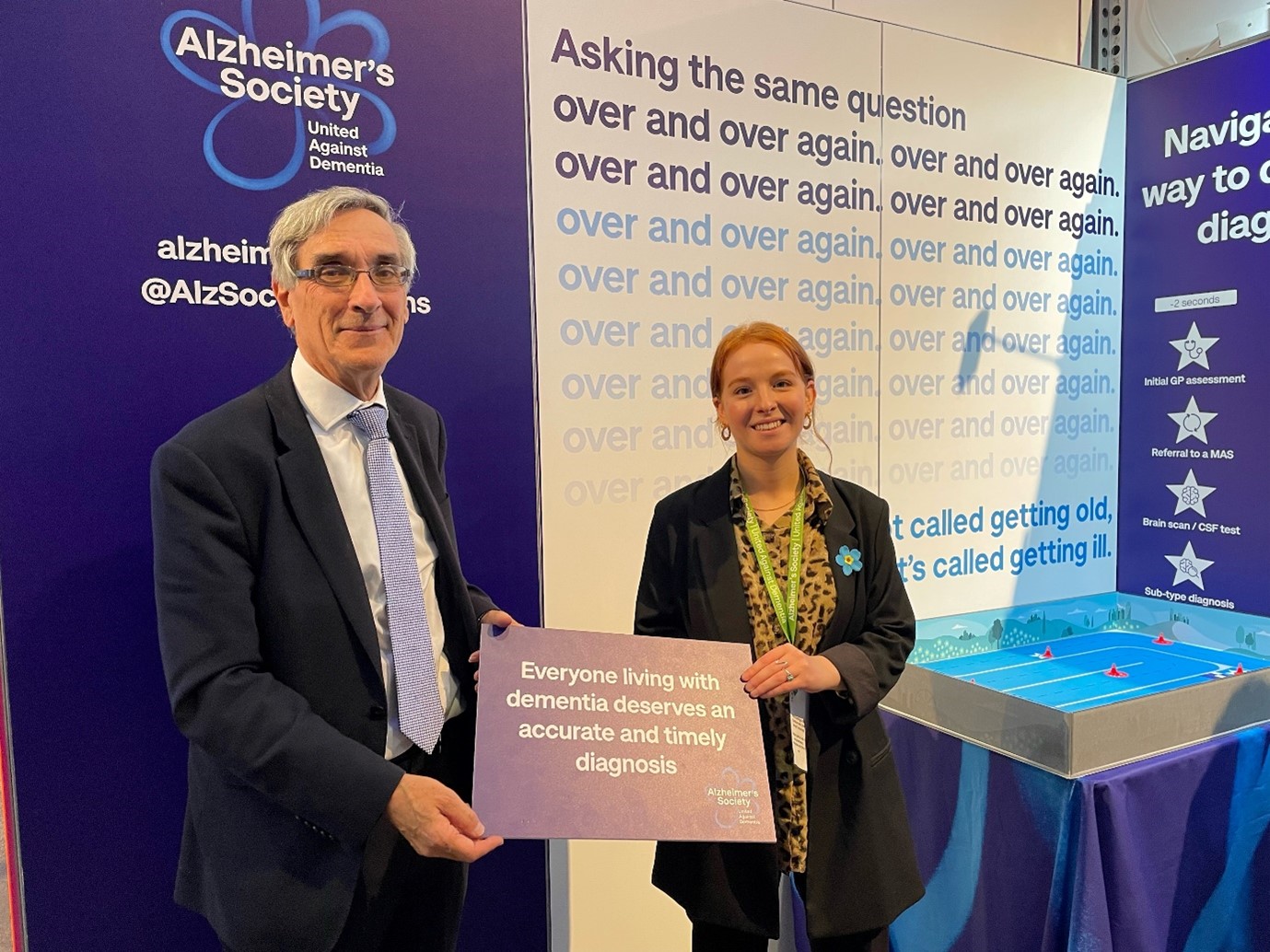The government has said it is considering allowing extraction of onshore gas in the UK subject to community consent and full safety and planning controls. Critics of this approach call it fracking, which is a description of some reservoir management techniques that have been commonly used in oil and gas wells for many years and have been accepted as safe. In order to sustain or increase pressure in some oil and gas deposits so the gas and oil flow to the surface it is necessary to inject agents, most often water, to increase pressure in the strata to move the gas on. There could be low level seismic shocks from this process which produce little or no disturbance at the surface above the reservoir. These shocks are monitored and controlled, and are usually below the level of shock created by a bus going by on a nearby road, or felt near to a building site.
Producing more of our own gas would be good for the environment and good for our economy. It would more than halve the CO2 output compared to relying as we do today on too much imported LNG gas. These imports need energy to compress, liquefy, transport and convert back to gas which we do not need for home produced gas. Imported gas attracts large tax revenues which are paid away to a foreign country, whereas home produced gas would be taxed to help pay for local services. Home production brings well paid jobs . Home produced gas would likely to be sold as contract gas, avoiding the price spikes of buying gas on a volatile world market. It would ease our indirect dependence on Russian gas into Europe.
I also think it fundamental that work on such a gas well should only go ahead where the local community affected by it has given consent and participates in the revenue or uses some of the gas produced. I would not want a gas well close to a town or village in my constituency where the public did not wish one. The idea behind requiring community consent would be to encourage wells and drilling well away from homes. People should have the choice, and some may well wish to allow drilling a mile or two away from their home in return for payments from the producers. This policy is currently being consulted on and is not firm, so your ideas would be especially welcome.
